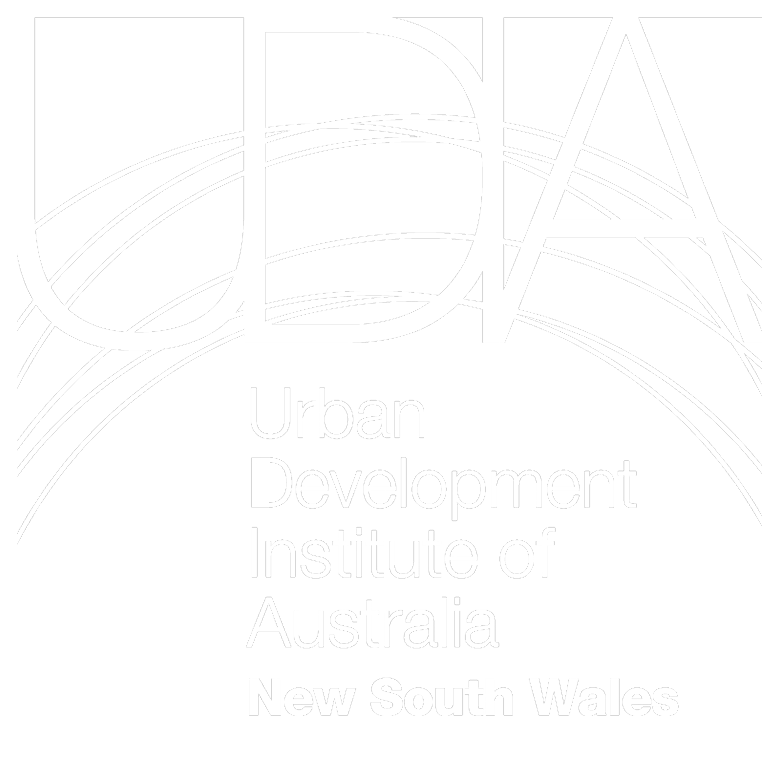UDIA welcomes today’s provision by the NSW Government of the next stage of detail on the implementation of the Productivity Commissions infrastructure contributions reform package, a key reform in helping to fix housing supply and support a post pandemic recovery.
The current system fails to produce the timely delivery of enabling infrastructure. This holds back the creation of development ready land, exacerbating the housing and affordability crisis and restricting employment opportunities.
This is the first major reform in three decades in NSW and therefore critical to its success is that it enables the timelier delivery of enabling infrastructure, the water, sewer, power and roads needed to deliver new housing and jobs.
We are pleased to see that the Government has listened to the feedback in our submissions, in a number of key areas including:
- Phase in of the Regional Infrastructure Contributions and reduction in costs in regional areas from $10K to $8K – to reduce impacts on development feasibilities and therefore housing supply in the next few years.
- The importance of Works in Kind. The Productivity Commissioner did not finalise Works in Kind in his recommendations. However, by speeding up and reducing the costs of infrastructure delivery, these are an essential part of making the planning system work delivering benefits to the State, Developers and the Community. We are pleased to see the NSW Government recognise these benefits by including Works in Kind in the reforms.
- Measures to encourage Councils to forward fund infrastructure. Historically, ridiculous barriers have been put in the way for Councils trying to deliver local infrastructure. We are pleased to see a couple of these key ones removed including:
a) the ability to allow councils to recoup interest costs associated with borrowing;
b) remove an existing pooling provision made redundant by Act amendments that limit pooling between contributions plans, and
c) allow interest costs associated with borrowing for infrastructure to be recouped through contributions plans.However, we believe that more will need to be done to change the culture of many Councils so that they deliver infrastructure in a timely way.
There are a number of areas where we are keen to see the government do more work. In particular:
- Delay in the introduction of the revised Essential Works List. The Productivity Commissioner rightly recognised the many inefficiencies in the way that the Essential Works list currently operates and the impact it was having on delivering housing supply. By delaying potential reform until 2024, the negative impact it is having on housing supply will continue at a time when housing costs are at record highs.
- How will government provide regional infrastructure for a precinct which is being delivered under the land value contribution process to achieve the coordinated roll-out of State and local infrastructure to support housing supply. To deliver housing and employment a precinct needs to be provided with both local (provided by Councils) and regional infrastructure (provided by the NSW Government). The failure to integrate the two successfully is a major failing in the existing system. The lack of detail on how this co-ordination will be successfully achieved with this reform is a significant concern.
- Governance in RIC – Currently, the SIC system regularly falls down when the priorities of state delivery agencies differ from the priorities for enabling land use, such as housing supply. As a consequence, infrastructure delivery is severely delayed. The revised governance arrangements do not fundamentally change this, allowing state agencies to ‘consider’ whether to put RIC funded infrastructure into their capital program, endangering a significant part of the reform program.
“Overall these proposals align closely with the recommendations of the Productivity Commissioner and are a major step forward for NSW. While UDIA commends the Minister and the Department on taking forward the reforms and the high-quality engagement with the industry, we believe more thought needs to be made on governance to speed up the delivery of key enabling infrastructure and housing supply.” said Steve Mann, CEO UDIA NSW.
ENDS
Media Enquiries:
Deanna Lane 0416 295 898 or dlane@udiansw.com.au.
—-

